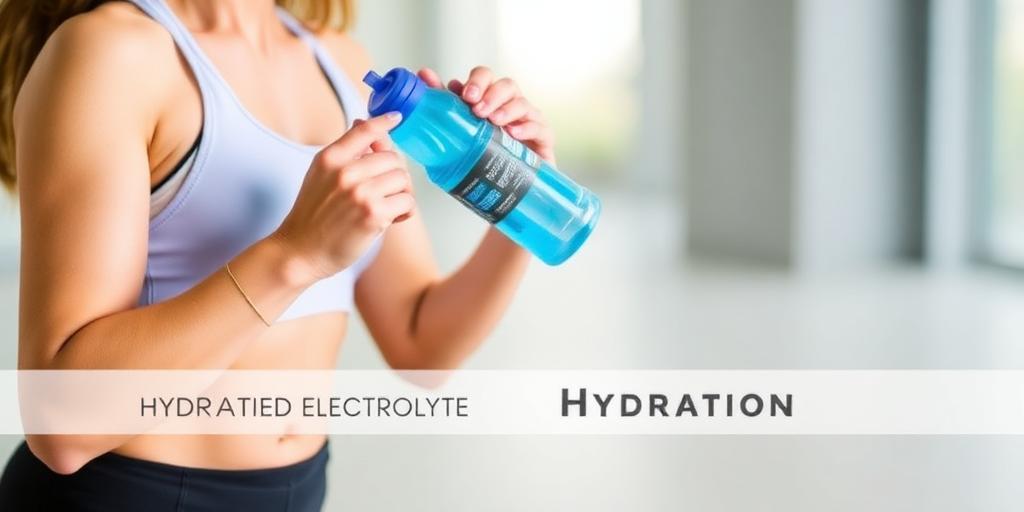Hydration and Electrolytes: Key to Fitness Nutrition
Maintaining proper hydration and electrolyte balance is crucial for overall health, but it's especially vital for individuals focused on fitness and athletic performance. Understanding how these elements impact your body can significantly enhance your workouts, recovery, and overall results.
The Importance of Hydration
Water is essential for numerous bodily functions, including:
- Nutrient Transport: Water carries nutrients to cells, providing the fuel needed for energy production and muscle function.
- Temperature Regulation: Sweating helps cool the body during exercise, and this process relies on adequate hydration.
- Joint Lubrication: Water cushions joints, reducing friction and preventing injuries.
- Waste Removal: Water aids in flushing out waste products generated during physical activity.
Dehydration can lead to a variety of negative effects, such as decreased performance, muscle cramps, fatigue, and even more serious health issues. Therefore, staying adequately hydrated is paramount for anyone engaging in regular exercise.
Understanding Electrolytes
Electrolytes are minerals that carry an electric charge when dissolved in water. They play a critical role in:
- Muscle Contraction: Electrolytes like sodium, potassium, and calcium are essential for proper muscle function.
- Nerve Impulses: Electrolytes facilitate the transmission of nerve signals, enabling communication between the brain and muscles.
- Fluid Balance: Electrolytes help regulate fluid distribution within the body, ensuring optimal hydration.
- pH Balance: Electrolytes contribute to maintaining the proper acid-base balance in the body.
During exercise, you lose electrolytes through sweat. This loss can disrupt bodily functions and lead to fatigue, muscle cramps, and impaired performance. Replacing these lost electrolytes is crucial for maintaining optimal fitness levels.
Key Electrolytes for Fitness
- Sodium: Helps regulate fluid balance and is lost in sweat. Replenishing sodium is important, especially during long or intense workouts.
- Potassium: Works with sodium to maintain fluid balance and is crucial for muscle contractions. Potassium deficiency can lead to muscle weakness and cramps.
- Magnesium: Involved in muscle and nerve function, energy production, and bone health. Magnesium deficiency can cause muscle cramps and fatigue.
- Calcium: Essential for muscle contraction, nerve transmission, and bone strength. Calcium is particularly important for high-impact activities.
Hydration and Electrolyte Strategies for Fitness
- Pre-Hydration: Start hydrating well before your workout. Drink water or a sports drink containing electrolytes in the hours leading up to exercise.
- During Exercise: Drink regularly throughout your workout. The amount you need will vary depending on the intensity and duration of your activity, as well as environmental factors like temperature and humidity.
- Post-Exercise: Replenish both fluids and electrolytes after your workout. Water is good for rehydration, but a sports drink or electrolyte-rich food can help restore electrolyte balance more effectively.
- Electrolyte-Rich Foods: Incorporate foods like bananas (potassium), leafy greens (magnesium), dairy products (calcium), and pickles (sodium) into your diet.
- Sports Drinks: Choose sports drinks wisely. Look for options that contain a balance of electrolytes without excessive sugar or artificial additives.
Conclusion
Proper hydration and electrolyte balance are fundamental aspects of fitness nutrition. By understanding the importance of these elements and implementing effective strategies to maintain them, you can optimize your performance, prevent fatigue and muscle cramps, and support your overall health and well-being. Make hydration and electrolyte replenishment a priority in your fitness routine, and you'll be well on your way to achieving your goals.









